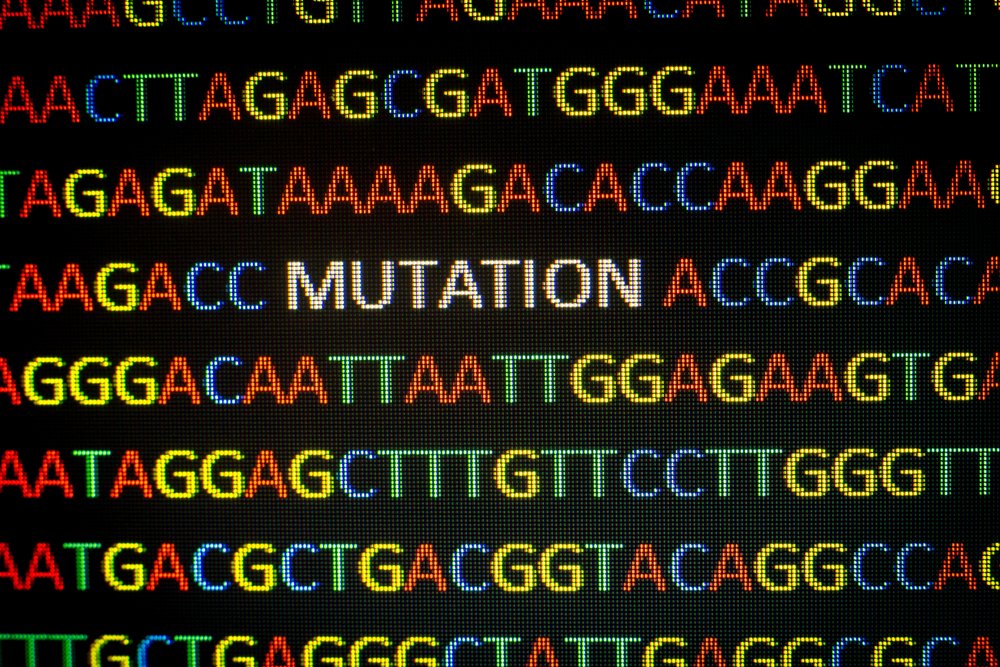Tumors Linked to Ectopic Cushing’s Syndrome Lack USP8 Gene Mutation, Study Finds
Written by |

Researchers found that unlike tumors localized in the pituitary gland that increase production of the hormone underlying Cushing’s syndrome, no mutations in USP8 were detected in tumors that induce the disease but are localized outside of the gland. This condition is known as ectopic ACTH secretion syndrome (EAS), or ectopic Cushing’s syndrome.
The retrospective study, “Expression and mutational status of USP8 in tumors causing 1 ectopic ACTH 2 secretion syndrome,” was published in the journal Endocrine-Related Cancer.
Cushing’s syndrome is a serious condition characterized by above-normal production of the hormone cortisol. The disease originates from excessive secretion of the adrenocorticotropic hormone (ACTH), produced by the pituitary gland. ACTH’s key function is to stimulate the production and release of cortisol.
One of the causes of ACTH’s increased secretion may be a tumor located outside the pituitary gland, called a non-pituitary tumor. This type of tumor may also lead to increased production of an ACTH precursor hormone called proopiomelanocortin (POMC), or a corticotropin-releasing hormone (CRH) that also stimulates the release of ACTH from the pituitary gland.
“The mechanisms responsible for the pathogenesis of these tumors are still unknown,” the study’s German researchers wrote. But the team highlighted that EAS is frequently associated with an increase in patient morbidity and mortality because increased cortisol levels are linked to worse responses to chemotherapy and higher risks for severe infections and complications during therapy.
Researchers recently reported the presence of mutations (errors in DNA sequence) in a gene called ubiquitin-specific protease 8 (USP8) in up to half of ACTH-secreting pituitary corticotroph tumors causing Cushing’s disease. Mutant USP8 was linked to increased expression of the POMC gene and ACTH synthesis.
Now, researchers determined the genetic status of USP8 and its expression in tumors causing EAS and evaluated its role in ectopic ACTH synthesis.
The team analyzed samples from 15 patients (seven women and eight men) who developed EAS and were followed at the hospital. Patients had a confirmed diagnosis of Cushing’s syndrome whose cause was non-pituitary.
The results showed that all 15 patients had no mutations in a specific, previously identified region of the USP8 gene. Moreover, they found no correlation between USP8 and ACTH production.
Researchers then analyzed the impact of USP8 on ectopic ACTH synthesis using lab-grown cells. Targeting USP8, either by increasing or decreasing its expression, resulted in no alteration in the levels of endogenous POMC in the tested cells.
Overall, these results show that “contrary to the pituitary ACTH-secreting tumors, the USP8 hotspot sequence on exon 14 is not mutated in tumors causing EAS. Although USP8 is expressed in all EAS tumors examined, our in vitro data indicate that it is not involved in the regulation of ectopic POMC transcription.”





